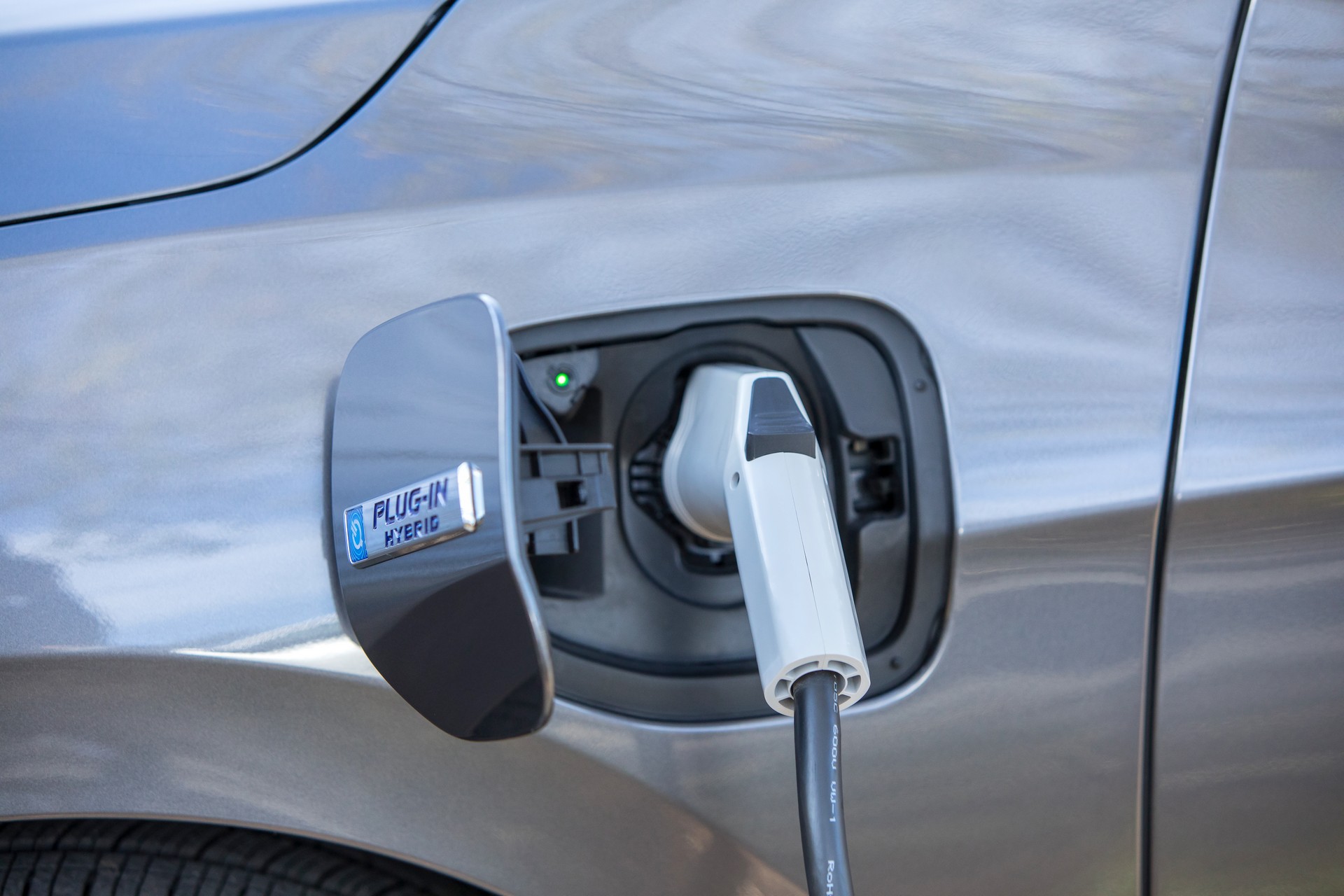Tax credits for eco-friendly vehicles have been a contentious issue in the United States and that’s unlikely to change as the government has found millions of dollars of waste.
According to a report issued by the Treasury Inspector General for Tax Administration (PDF), the Internal Revenue Service “does not have effective processes to identify and prevent erroneous claims” for the Qualified Plug-In Electric Drive Motor Vehicle Credit which gives consumers up to a $7,500 for purchasing an electric or plug-in hybrid vehicle that meets certain requirements.
As part of the investigation the Treasury Inspector General for Tax Administration looked at 239,422 Plug-In Credits claimed and received during the 2014-2018 processing years. In that time frame alone, they discovered 16,510 taxpayers who received $73.8 (£59.8 / €67.2) million in potentially erroneous credits.
Also Read: Trump’s 2020 Budget Calls For The Elimination Of EV Tax Credit
The report is partially redacted, but it implies thousands of taxpayers were given credits for illegible vehicles. The redactions make it hard to determine what made them illegible, but in order to qualify for the credit vehicles must meet five different requirements.
These include a weight rating of under 14,000 pounds (6,350 kg) and being equipped with an electric motor that uses a rechargeable battery with at least 4 kWh of capacity. The vehicle must also be made by an eligible manufacturer under the Clean Air Act, be appropriate for driving on public streets and highways, and must not be purchased for resale.
While the IRS updated the form tax filers use to apply for the credit to include Vehicle Identification Numbers (VIN), the investigation found the IRS doesn’t effectively check VINs and this means the credit is ripe for fraud and abuse.
The report makes several recommendations including the development of a “compliance program to address the taxpayers who appear to have erroneously received the Plug-In Credit.” The IRS agreed to this and promised to take enforcement actions on the taxpayer returns identified in the report that “meet selection threshold criteria and have open statutes.”






